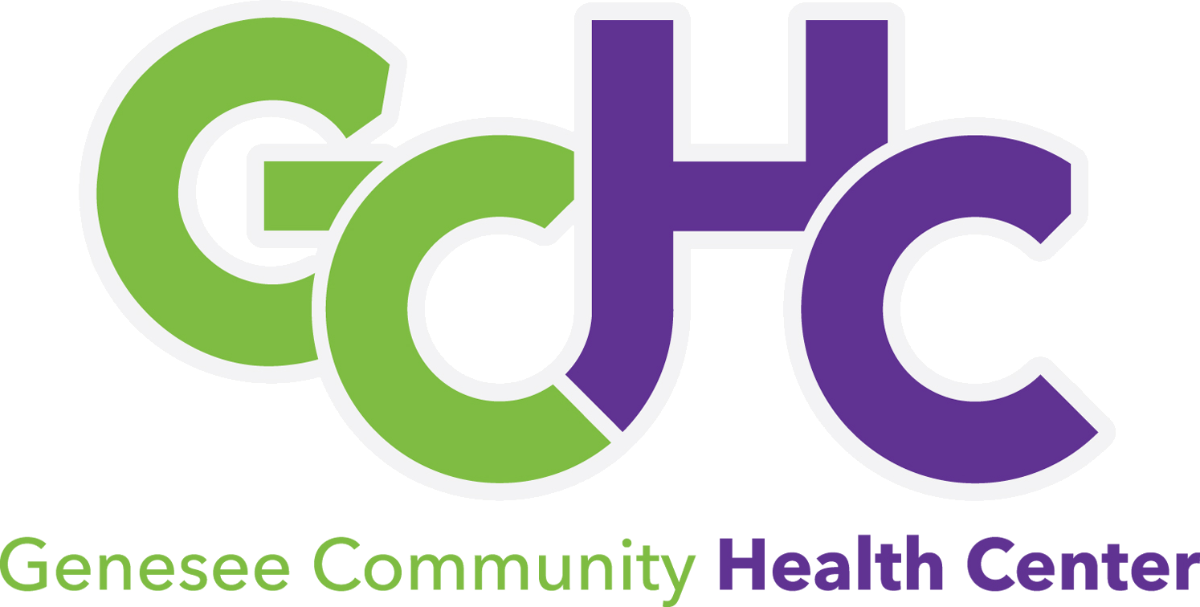What is Autism Spectrum Disorder?
Autism Spectrum Disorder (ASD) is a developmental disability caused by a problem in the brain. Scientists do not yet know exactly what causes ASD.
ASD can impact a person's ability to function in different ways. People with ASD may have problems with social, emotional, and communication skills. Many people with ASD also have different ways of learning, paying attention, or reacting to things. ASD begins during early childhood and lasts throughout a person's lifetime. Treatment is available
What is the Autism Benefit?
The benefit provides intensive Applied Behavioral Analysis (ABA) interventions for children who have the diagnosis of Autism Spectrum Disorder.
Who is eligible through Genesee Health System?
- Medicaid (including HMO/QHP's) and MIChild only
- Autism Spectrum Disorder diagnosis
- Age 18 months through 20 years 11 months
- Genesee County Residents

What are some of the signs of Autism Spectrum Disorder?
People with ASD may have problems with social, emotional, and communication skills. They might repeat certain behaviors and might not want change in their daily activities. Many people with ASD also have different ways of learning, paying attention, or reacting to things. ASD begins during early childhood and lasts throughout a person's lifetime.
*Adopted from resources provided by the Center for Disease Control and Prevention.
A person with ASD might:
- not play "pretend games (pretend to "feed" a doll)
- not point at objects to show interest (point at an airplane flying over)
- not look at objects when another person points at them
- have trouble relating to others or not have an interest in other people at all
- avoid eye contact and want to be alone
- have trouble understanding other people's feelings or talking about their own feelings
- prefer not to be held or cuddled or might cuddle only when they want to
- appear to be unaware when other people talk to them but not respond to other sounds
- be very interested in people, but not know how to talk, play, or relate to them
- repeat or echo words or phrases said to them, or repeat words or phrases in place of normal language (echolalia)
- have trouble expressing their needs using typical words or motions
- repeat actions over and over again
- have trouble adapting when a routine changes
- have unusual reactions to the way things smell, taste, look, feel, or sound
- lose skills they once had (for instance, stop saying words they were using)

Diagnostic Process
The official diagnosis of an Autism Spectrum Disorder has to be confirmed by psychological testing completed by a designated GHS provider
Autism Spectrum Disorder Assessment Process
What happens after testing?
If an Autism Spectrum Disorder is confirmed, there will be recommendations made regarding intensity of services, ranging from 10-40 hours per week, depending on medical necessity. There will be an opportunity for additional support and services through a GHS provider.

